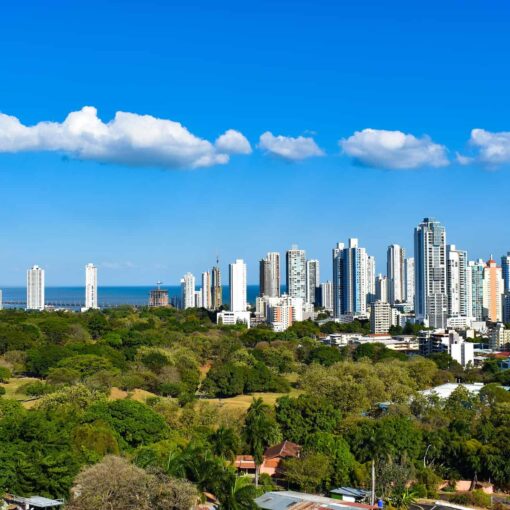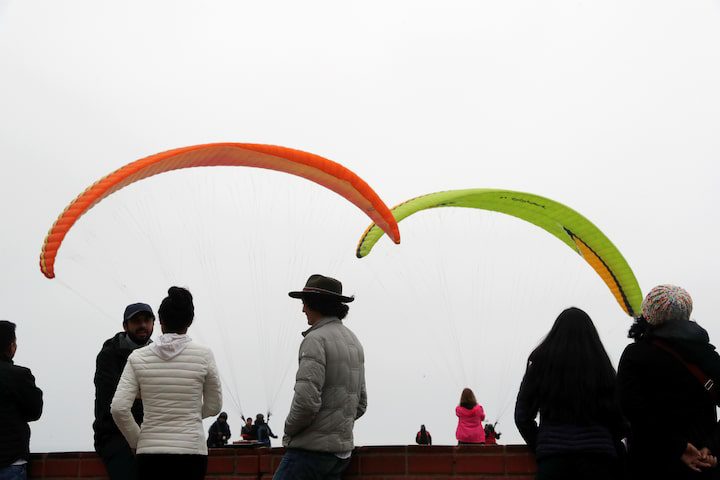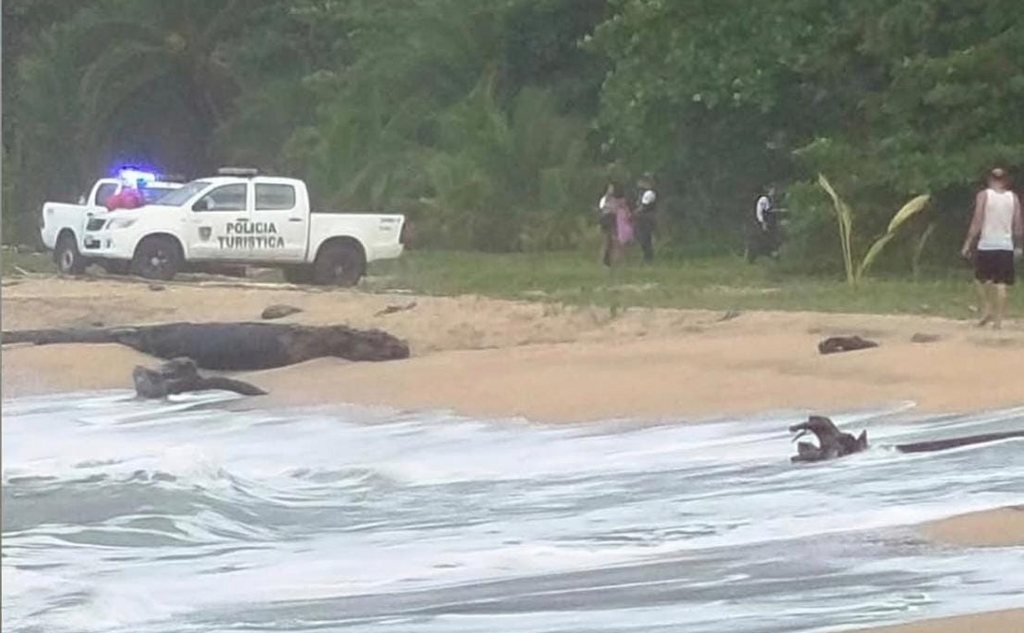QCOSTARICA — With only a few days to go before Sunday’s Municipal elections, apathy remains despite several weeks of extensive electoral campaigning.
This Sunday, February 4, elections will be held in the country’s 84 municipalities in an environment dominated by the population’s disinterest, to the point that 47.5% of people called to vote say that the process matters little or nothing to them, without registering an improvement in the environment during these months of the campaign.
The most recent survey by the Center for Research and Political Studies of the Universidad de Costa Rica (CIEP-UCR) reports that only half of the population has “a lot” or “some” interest, even though 6,212 municipal positions are at stake in the first process to be held after Rodrigo Chaves’ rise to power and his promise of radical change in national politics.
– Advertisement –

The data on interest in the elections has practically not changed since November, when the sum of those who expressed “little” and “no” interest was 48%, according to the CIEP-UCR study done then.
The common condition on the eve of elections is indecision.
35% of this Sunday’s possible voters for mayoral positions were undecided, at least until last Thursday, with 10 days left to go to the polls. For councilors, the uncertainty is greater, since almost 43% of voters declared themselves still undecided, according to the CIEP-UCR report.
In the survey on the electoral process, seen as a test scenario for the validity of the worn-out traditional parties, the Partido Liberacion Nacional (PLN) stands out as the group that would receive the most votes on Sunday, with almost 17% of possible votes for positions of mayoralties, followed by the Partido Unidad Social Cristiana (PUSC), the two parties that practically alternated power for decades, with 10%.

7% of voting intentions point towards the Partido Progreso Social Democrático (PPSD), the former Chaves party, 7% directed towards cantonal parties and 5% for Aqui Costa Rica Manda (ACRM), a Chavista-leaning organization that cannot participate because it did not meet parity requirements between male and female candidates.
These figures, however, are references to the national total and cannot be applied to the results of each canton, where there are different panoramas that make projections almost impossible, the report warns.
– Advertisement –
– Advertisement –
Source link
Rico



